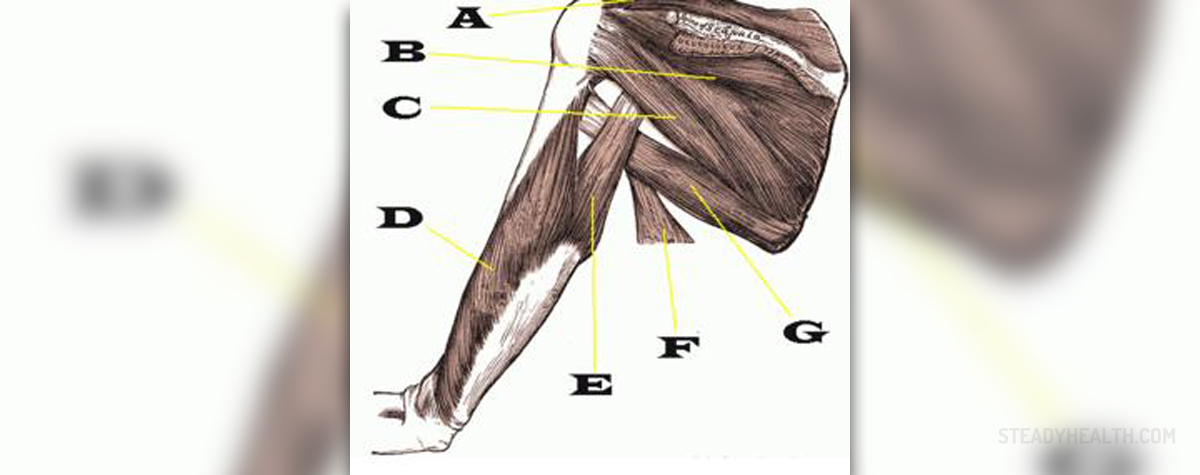
Duchenne muscular dystrophy, or simply DMD, is an inherited form of muscular dystrophy. Muscular dystrophy is a group of hereditary muscle diseases in which the muscles engaged in movement of the human body, progressively start to weaken.
General facts about Duchenne muscular dystrophy
Patients with Duchenne muscular dystrophy usually experience severe muscle degeneration, followed by difficulty walking and breathing, and death typically occurs before the age of 25. This rare disease affects both males and females, and occurs in 1 per 3,000 births. Females are usually carriers of the disease, while males usually suffer full consequences.
Causes of Duchenne muscular dystrophy
Duchenne muscular dystrophy, the most severe form of muscular dystrophy, is caused by a defective gene, which is normally responsible for one of the most important muscular proteins – dystrophin. This is an inherited disease, but sometimes it occurs as a result of sporadic mutations in the genetic material. The disease is inherited by a recessive X-linked pattern. X-linked inherited diseases occur far more frequently in males because males have only one X chromosome. Females receive a copy of X chromosome from both parents, and they are typically carriers of the disease. Women can pass their recessive genes on the X chromosome to their offspring, both sons and daughters. Therefore, the disease always affects males, and females can just carry the disease. Fathers cannot pass this gene to their sons, because males receive X chromosome from their mother and Y chromosome from their father. However, a mother with a single copy of the gene has about 50% chance of passing it to her offspring. The disease will affect daughters only if both of their parents carry the defective gene in the X chromosome. Otherwise, they will just be carriers of the gene.
Prevention of Duchenne muscular dystrophy
It is not possible to completely prevent Duchenne muscular dystrophy, primarily because it often occurs spontaneously, as a sporadic genetic mutation, even in the families where there is no history of the disease. However, if there is a known family history of the disorder, Duchenne muscular dystrophy can be detected with approximately 95% accuracy, using the genetic studies and test performed during pregnancy.
Genetic counseling
Even the genetic counseling is not 100% certain but it can help to assess the health of the baby and predict any kind of potential health risks. Genetic counseling consists of test that can identify the likehood of passing certain genetic diseases and disorder to children. Genetic counselor will help parents to understand the risks and form decisions about what to do next.





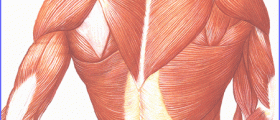
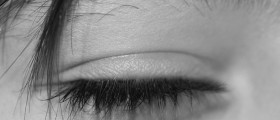

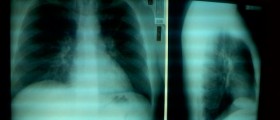






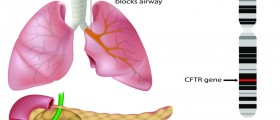

Your thoughts on this
Loading...